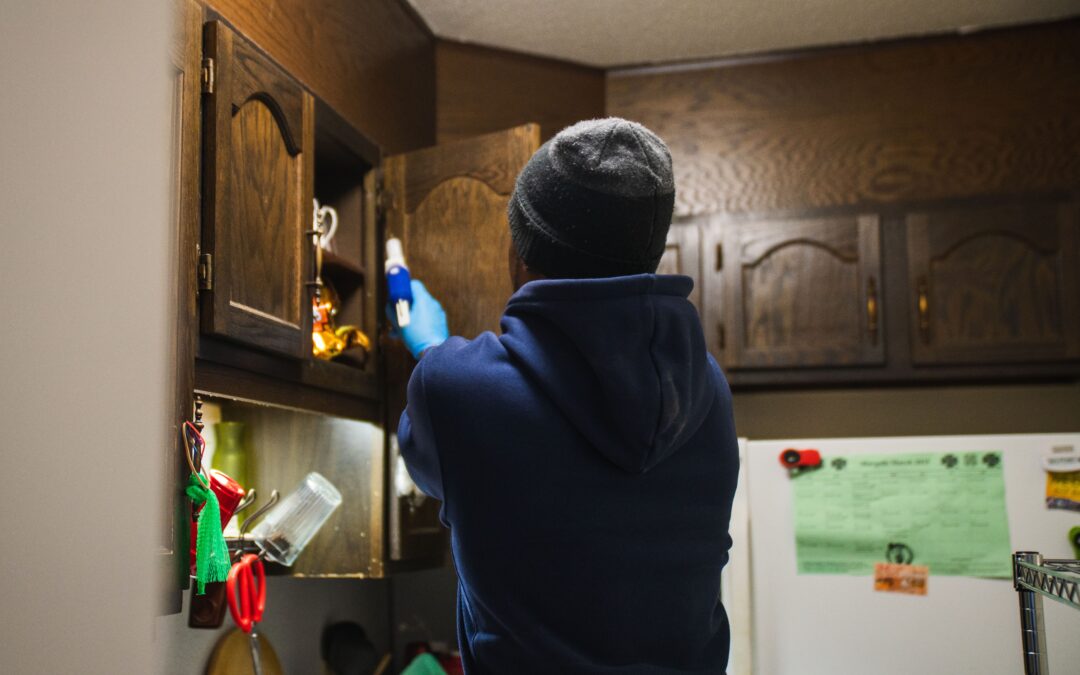In most cases, insect pest infestations, while tremendously annoying, are nothing more than a nuisance to residents of infested homes. However, it is certainly not uncommon for people to find potentially injurious or even dangerous insect pests within their home. In the northeast, several disease-spreading mosquito species congregate in yards for breeding purposes, and they often enter homes where they inflict bites to humans. The northeast is also home to the non-native European fire ant, which occasionally invades homes in large numbers where they have been known to inflict stings that cause severe allergic reactions. Although not technically an insect, the arachnid species commonly known as the northern black widow inhabits the northeastern states. While black widows are not often found in northeastern homes, one Massachusetts resident was recently rushed to the ER in response to a black widow bite she sustained on her residential property.
Most insects do not possess mouthparts that are large and durable enough to penetrate human skin, but many fly, mosquito, thrip, true bug, and flea species are able to inflict noticeable bites. Insects that are capable of inflicting painful bites to humans possess mouthparts that are designed for piercing, cutting or burrowing. Most insect species that inflict bites to humans do so in order to suck blood, and this includes arachnid species like ticks and mites. Insects like stable flies, horse flies, and black flies have scissor-like mouthparts that are designed to induce bleeding, which makes these bites particularly painful. Unlike these insects, the mouthparts of mosquitoes, bed bugs and fleas are outfitted with a syringe-like feature that is injected directly into capillaries beneath the skin, which allows these insects to painlessly suck blood without alerting their human host. Many biting insects inject anticoagulant, anesthetic and vasodilating compounds into the bloodstream while collecting blood. Vasodilators promote blood flow, while anticoagulants prevent blood clots, and of course, anesthetics mask the pain of bites. The itching and local swelling most people experience after sustaining bug bites is a normal immune response to these compounds, but some individuals experience a severe allergic reaction, including anaphylaxis, in response to these salivary compounds.
Have you ever experienced severe swelling in response to an insect bite?

